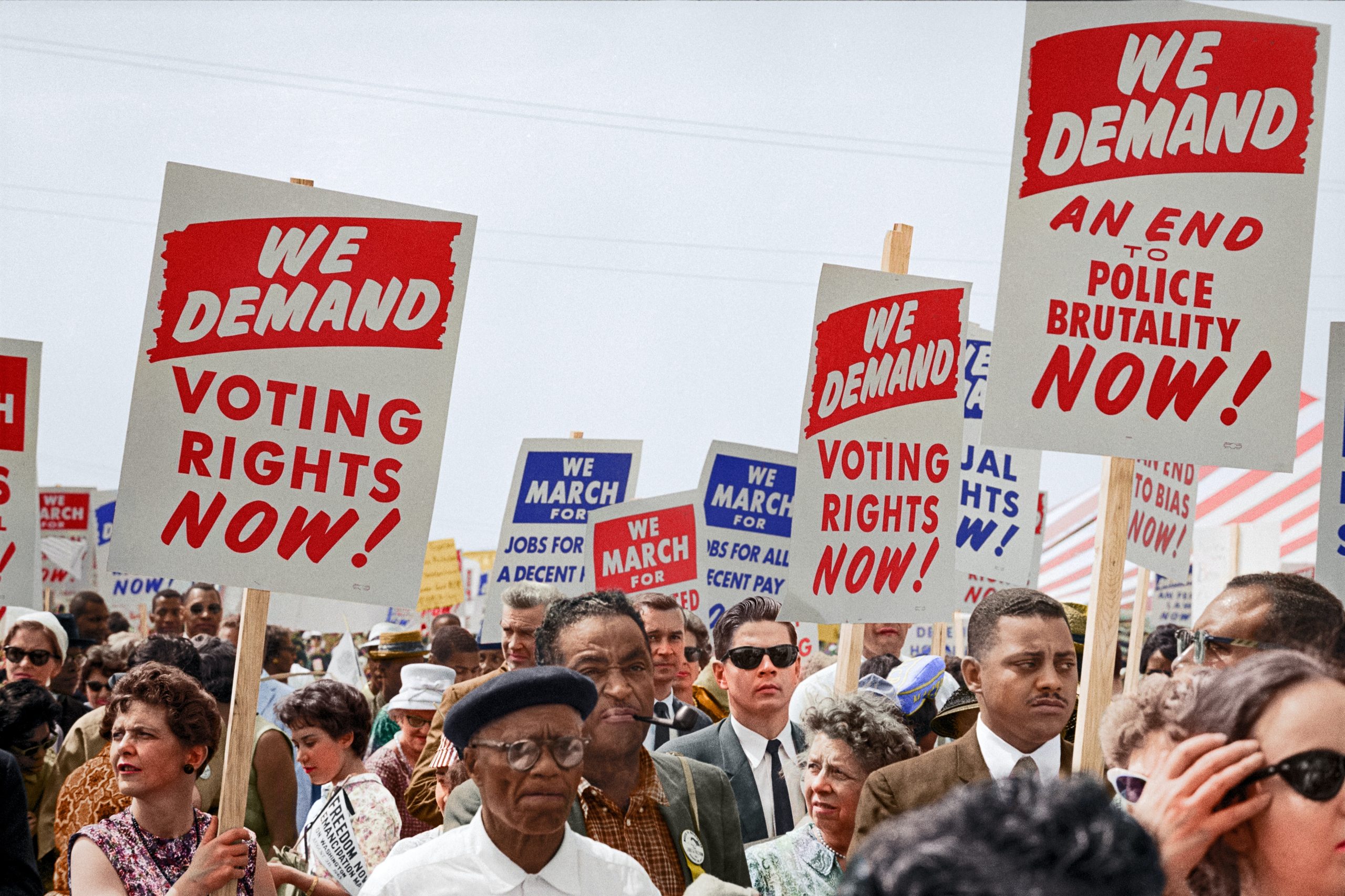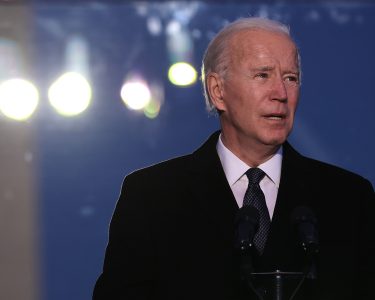Civil rights have played a central role in American politics since the country’s founding. The struggle for equal rights and protections for all citizens, regardless of their race, gender, religion, or sexual orientation, has been a defining feature of American history. Civil rights issues have been at the forefront of many political debates, from the abolition of slavery to the modern-day fight for equal access to voting rights.
The civil rights movement of the mid-20th century is perhaps the most well-known and influential period in the fight for equal rights in America. Activists and advocates fought for legal protections and equal opportunities for African Americans, who had long been denied full citizenship rights and opportunities. Key figures such as Martin Luther King Jr., Rosa Parks, and Malcolm X played a critical role in this movement, using their voices and actions to draw attention to the injustices and inequalities that were pervasive in American society.
The civil rights movement of the 1950s and 1960s helped to usher in important legal protections and policies, such as the Civil Rights Act of 1964 and the Voting Rights Act of 1965. These landmark pieces of legislation provided important protections for African Americans and other minority groups, ensuring that they were afforded the same rights and opportunities as all citizens.
However, the fight for civil rights has continued beyond the mid-20th century. Groups and advocates continue to fight for equal protections and opportunities for all citizens, including those who have historically been marginalized or discriminated against.
One of the key ways that civil rights issues remain relevant in American politics is through debates over policies and laws that disproportionately affect certain groups. For example, the recent debates over voting rights have highlighted the ongoing struggle for equal access to the ballot box, particularly for African Americans and other minority groups who have historically faced barriers to voting.
Civil rights issues have also been at the forefront of debates over policing and criminal justice reform. Activists and advocates have called attention to systemic biases in the criminal justice system, including racial profiling and excessive use of force by police. These issues have spurred debates over police reform and the need to address systemic issues within law enforcement.
Additionally, civil rights issues have played a role in debates over LGBTQ+ rights and protections. Advocates have fought for legal protections and equal opportunities for members of the LGBTQ+ community, including the right to marry and protections against discrimination in the workplace and housing.
In conclusion, civil rights have played a critical role in American politics, shaping debates and policies on a range of issues related to equal protections and opportunities for all citizens. While important legal protections have been put in place over the years, the fight for civil rights continues, with advocates and activists pushing for equal access to voting, policing and criminal justice reform, and equal protections for marginalized groups. As American society continues to evolve, civil rights issues are likely to remain a central feature of political debates and discussions.




